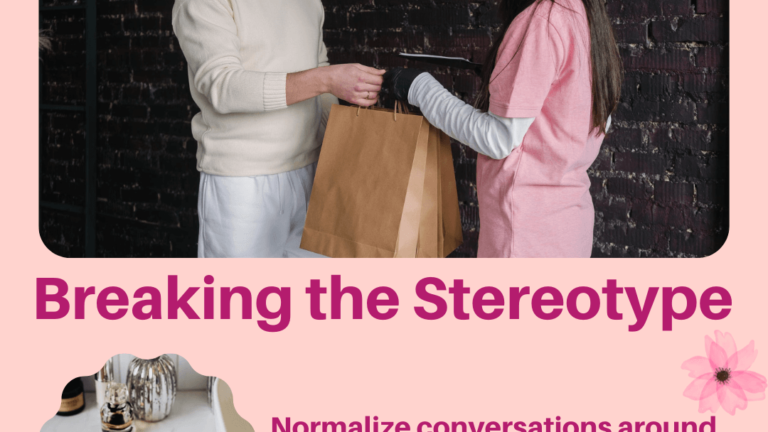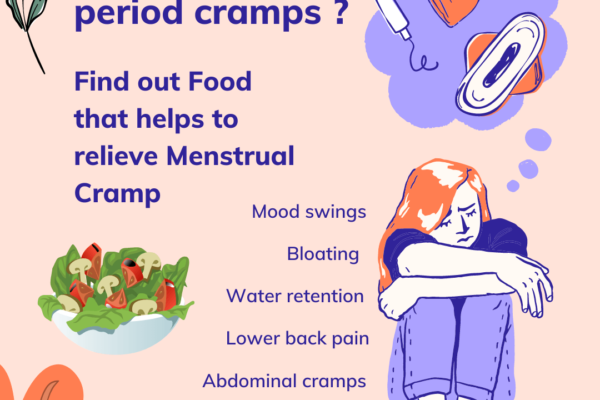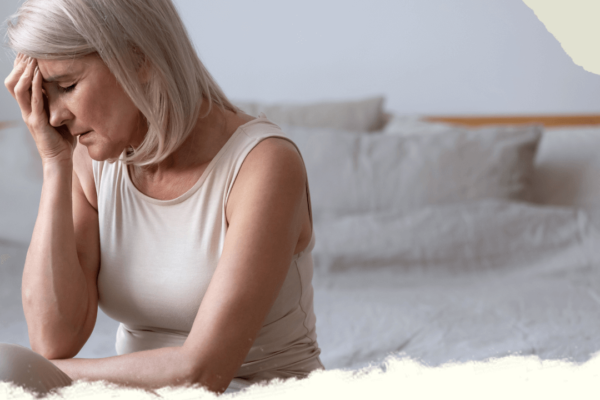Be it a small town or city, talking about menstruation is still considered taboo in our conservative society. There has been a social stigma, taboo, and shame in talking about menstruation within households and communities. Our society has put women under restrictions while they are menstruating and often forced to use unhygienic ways to fulfill sanitary requirements.
There was a belief in some cultures that menstruating women were considered impure and often treated differently on those particular days. These women were not allowed to enter the kitchen and make or prepare food. There was a separate arrangement for sleeping and staying for those days. Moreover, they used to wear the same clothes and separate utensils to consume food. Such women were considered unclean and impure. Menstrual-related shaming, excluding them from family activities, and treating them differently are considered to violate the principles of human dignity.
To continue the urban myths and cultural practices under societal pressure, these women isolated themselves, disconnected from social gatherings, and created self-imposed restrictions on themselves on those particular days of menstruation. One of the reasons why menstrual hygiene has been lacking is due to the lack of involvement of particularly men in the family and community. Men have always been excluded from menstrual hygiene thus causing gender inequality.
We have lived with this stigma for the longest time and therefore it’s time that men are coming forward to bring the change without holding social norms. There are certain initiative programs encouraging men to break the silence and normalize buying sanitary products for their women. These men and boys play a crucial role in the community to encourage menstrual hygiene by purchasing the right sanitary products for their women. Men plays important role in women’s life to carry out their menstruation with dignity and hygienically. Even in small villages these men are breaking the typical stereotype and helping women and girls from villages to spread awareness about the hygiene and sanitary requirement of women.
It’s still unusual to see men buying sanitary pads without feeling insecure as it’s still considered a “Women’s thing” and therefore men feel uncomfortable holding a pack of sanitary pads in public. Men often face mumbling remarks across the store while purchasing sanitary products. In the first place, there is nothing to be ashamed of in buying sanitary products for their dear ones. Start normalizing the practice and also encourage men in our community to provide hygienic care for their women without shaming them.
Men need to understand certain things while helping out their women:
The menstrual cycle is part of Women’s Health: Menstruation is normal vaginal bleeding during the monthly cycle of women. The bleeding consists of partly blood and partly tissues coming from inside the uterus. Menstruation is the shedding of the lining of the uterus and unfertilized egg. The average healthy bleeding last for 4 to 7 days. These cycles are triggered by hormonal changes in the body.
The menstrual cycle usually consists of 28 days however it can be shorter or longer. Most of these girls’ menses are predictable as they stay consistent. However, every woman’s experience their menses varies differently due to the use of contraceptive pills, stress, nutritional intake, Workout activity, and health issues. The color of the period blood typically signifies the overall health of women. Healthy blood could vary from bright red to dark brown or even black. Orange or grey color could indicate infection.
Since women lose blood during menstruation, they also tend to lose a lot of nutrients. Several studies have supported the evidence that adding certain food to the daily diet can help to alleviate the menstrual cramp. Factors like diet, exercise, and sleep help to maintain a healthy lifestyle. Therefore, being specific about diet during the menstruation cycle helps to ease the cramp while others can worsen the symptoms. Therefore, educating school young girls and boys about menstruation build their confidence and thereby contributing to social solidarity and healthy hygienic habits.
Giving affection and support to your Loved ones: When you help a woman to buy her sanitary product during her menses day shows your affection and love for that person. It shows men being in solidarity with those women during their menstruation. Helping those women to live in dignity with proper sanitary hygiene. Buying Sanitary products for your loved ones shows how much you care for your loved ones it’s an act of love and kindness.
One such example is of true friendship: In a tuition coaching class, one such girl stained her skirt unknowing of the sudden menses cycle. The whole batch group started laughing, pointing out her stained skirt. Left in embarrassment the girl didn’t know what to do. A boy saw this situation, and he immediately held her hands and tried to cover up her back and safely escort her out. He dropped her home and went to buy a sanitary product from a local medical. The girl was moved by his gesture and kindness and said she couldn’t be so proud of him and we need more people like him in our society.
Men who buy sanitary products for women leave a good impression and we need more such men who support their women. Our society has a false male dominance mindset which believes that men’s reputation would be hampered if they are seen buying a sanitary product in the personal hygiene aisle of a shopping mall or from a local medical store. Sanitary products are a basic necessity for women and men need to understand the importance of the right hygiene and health for such women.
Offering help to women creates a sense of pride, bonding, and caring. These unusual actions create a beautiful and more loving bond between partners. Embracing the kindness and gestures of those men helping out their women is ending the social stigma of Men Buying Sanitary Products.





